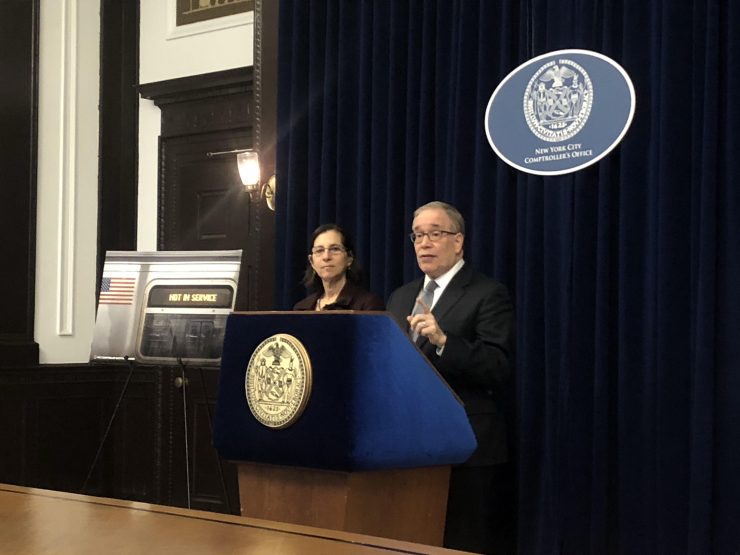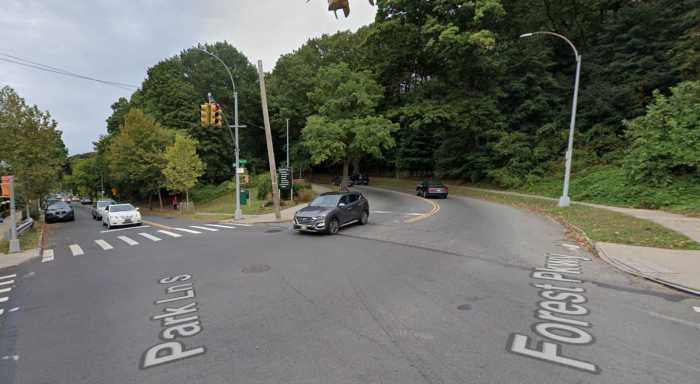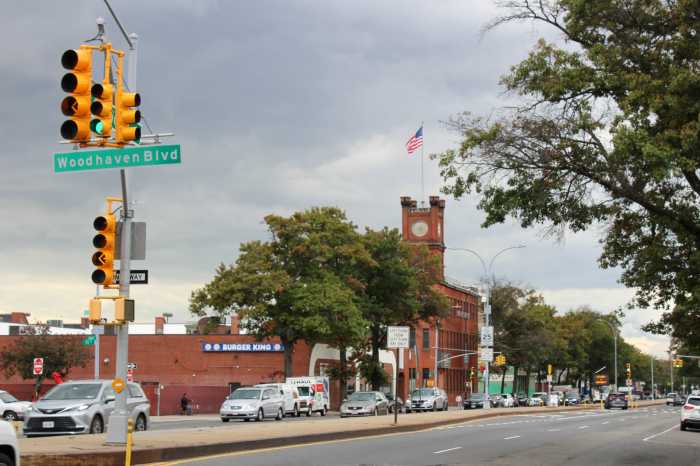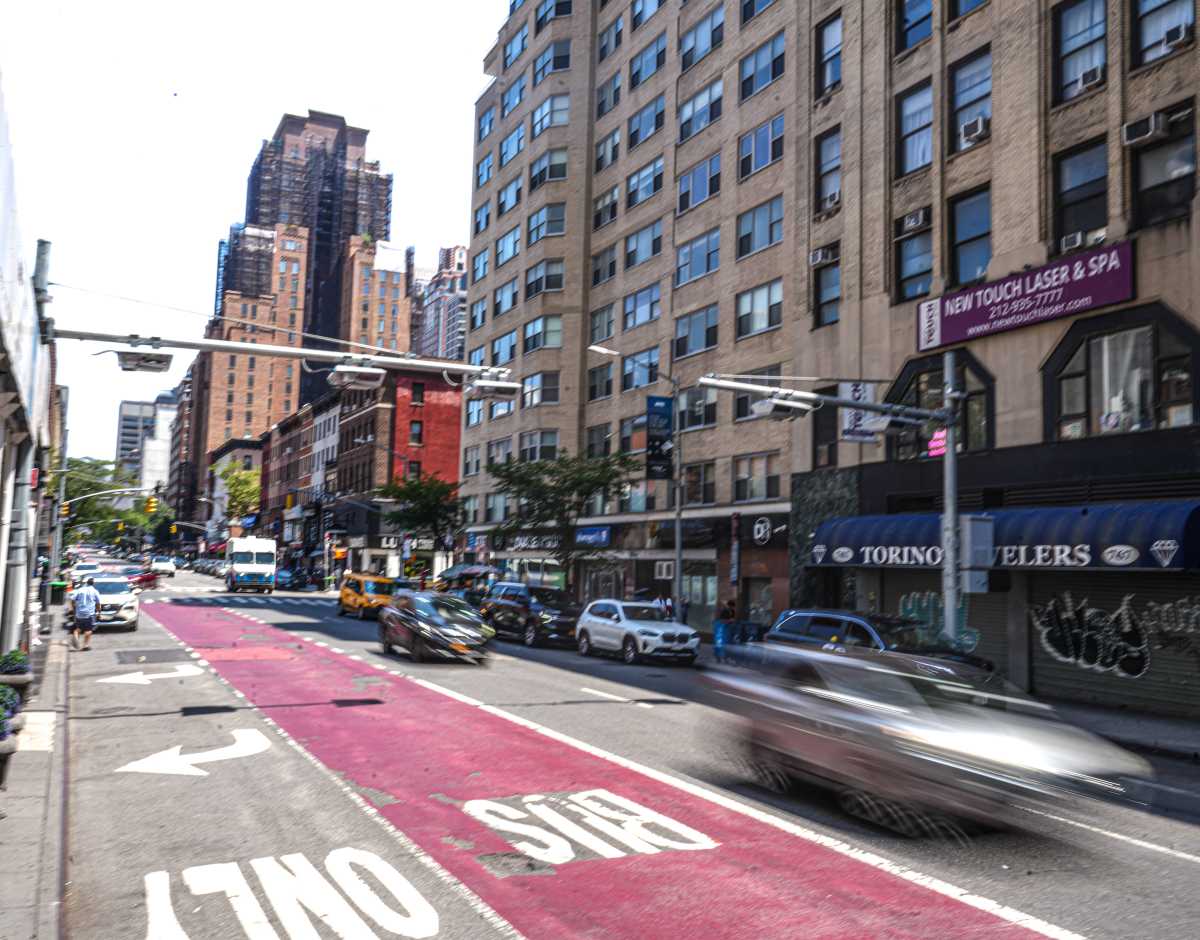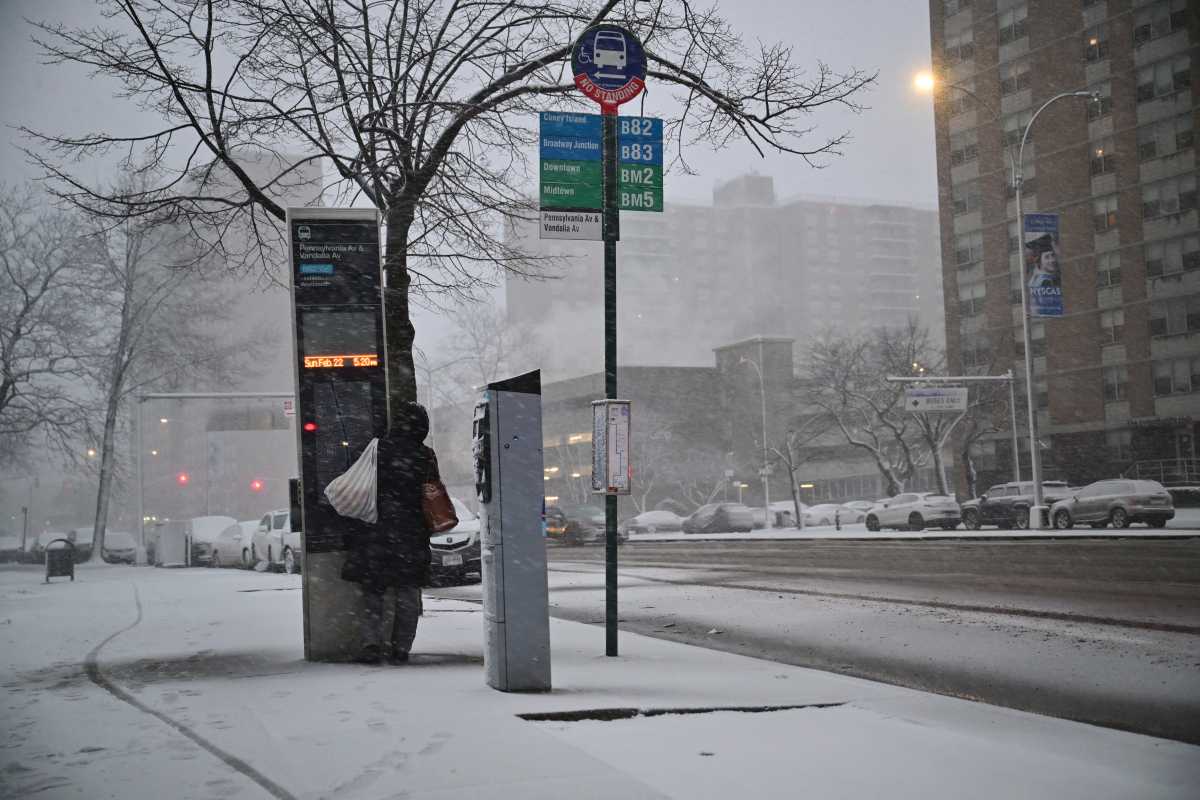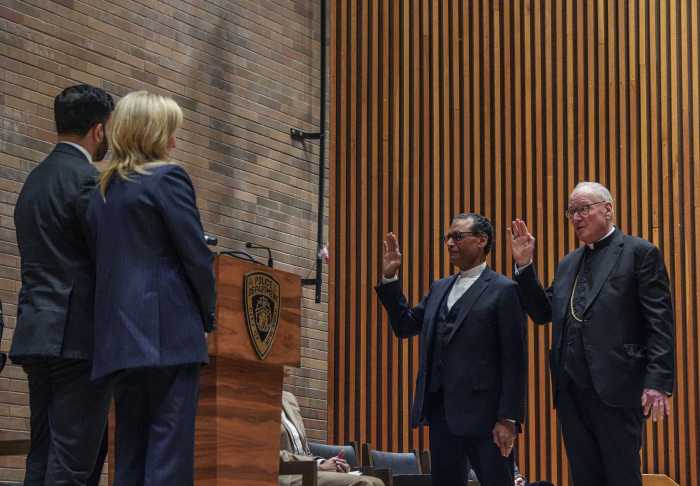The MTA overlooked warning signs and failed to hold the contractor accountable for delivering now long-delayed new subway cars, according to an audit from City Comptroller Scott Stringer.
The transit authority is still waiting on a handful of new cars in a 300-train order it took out with manufacturer Bombardier back in 2012 — cars the MTA expected to have received nearly three years ago. The exorbitant delays have cost the MTA millions in increased maintenance fees for the ancient fleet the new trains were meant to replace.
The audit, which Stringer’s office published Monday, was damning for both the MTA and Bombardier. The Canadian manufacturer missed major milestone after major milestone in the $600-million contract, suffering issues with its train car welds, castings and a host of other components; but the MTA didn’t properly oversee Bombardier’s work or penalize them for its blown deadlines, Stringer argued.
“The MTA repeatedly looked the other way. They ignored clear warning signs; they failed to enforce deadlines; they delayed in enacting penalties,” Stringer said during a Monday news conference in Manhattan. “In other words, the MTA gave Bombardier a pass. And what does it mean for straphangers? More delays, more breakdowns of outdated cars.”
Stringer said the mess of a contract was indicative of the need for a major overhaul at the MTA as it sets to embark on its next five-year, $51.5 billion spending plan for major projects.
“[The MTA] must improve the management if we’re going to be successful with the capital plan…this cannot be allowed to continue anymore. It’s what’s gotten the MTA into trouble in the first place,” Stringer said.
To start, it was not clear to auditors if Bombardier understood contract terms.
Even though the MTA required Bombardier to submit its welding procedures for the trains, the company immediately refused to do so, arguing such procedures were proprietary. That resulted in a 21-month back-and-forth between the two parties, during which Bombardier discovered a significant welding issue known as “hot cracking.”
Welding problems halted production twice during what was an 18-month delay, according to the audit.
The new cars (R179s) have been slated to run on the A, C, J and Z lines. But even after the MTA received the first set — 22 months behind schedule — the cars were riddled with problems.
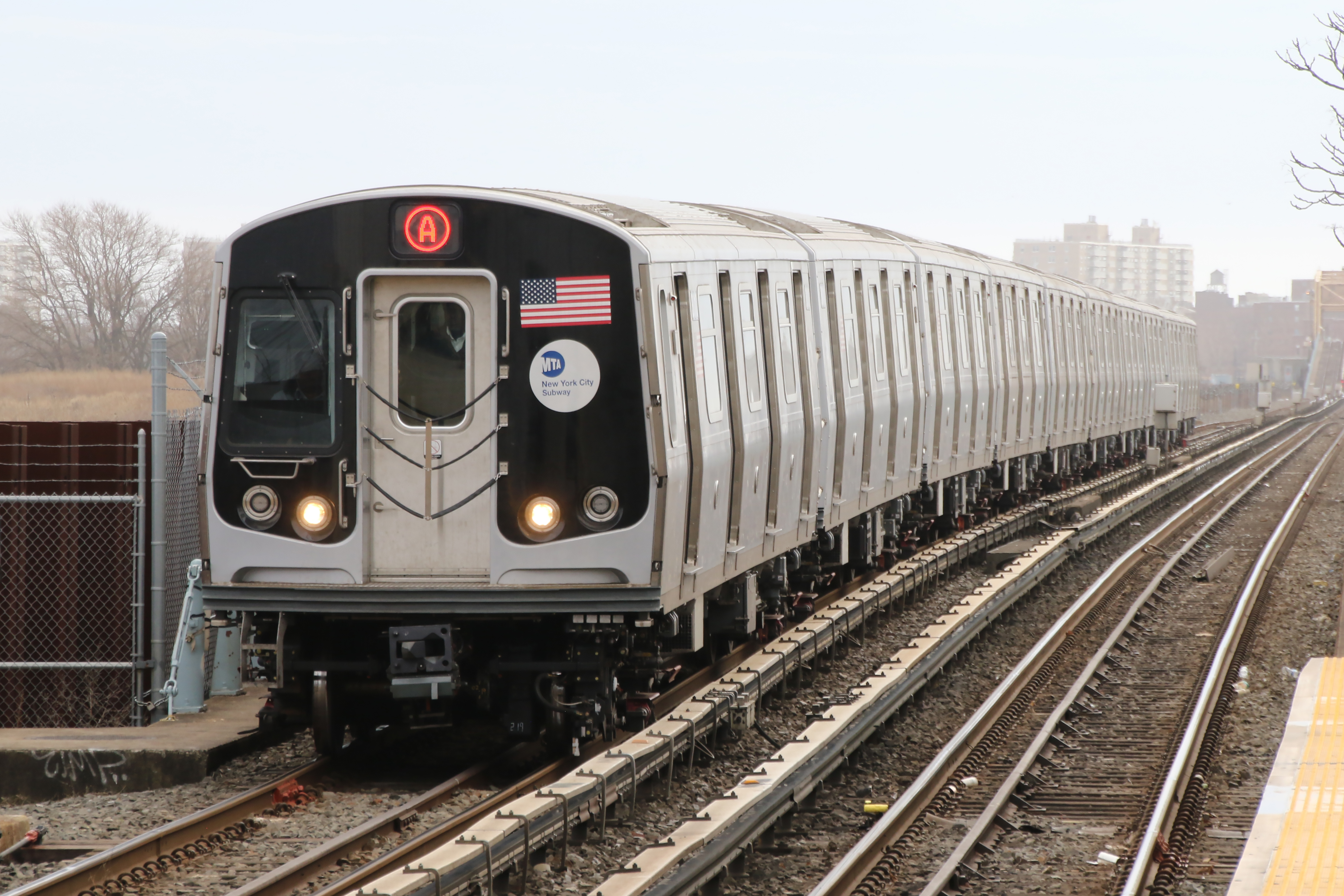
Cars had to be removed from service at least three times since 2018 due to issues with door controls, the conductor’s valve and other technical problems, auditors found.
So far Bombardier has delivered 298 of its 318 new train cars, with most in service. During the delays, the MTA has spent an additional $35 million on upkeep for the oldest cars in its fleet — the 55-year-old R32s — which the new trains were expected to replace by the end of 2017.
The MTA has assessed $36 million in liquidated damages and negotiated with Bombardier to deliver 18 additional cars, auditors reported.
Stringer’s office issued a host of recommendations, including for the MTA actually lean on enforcement measures when contractors miss milestones and for Bombardier to more promptly relay information to the authority.
MTA Transit President Andy Byford said during a conference call with reporters that the MTA “held Bombardier’s feet to the fire throughout this contract.”
“Let’s be crystal clear. The villain of the piece here is not the MTA. The villain of the piece is Bombardier, and that comes across not only in the comptroller’s report but also in our response,” Byford said. “Bombardier let the MTA down, Bombardier let New Yorkers down…”
Bombardier did not immediately respond to a request for comment. In its written audit response, Marie-Claude Galarneau, Bombardier Transportation’s regional head of commercial management, said the manufacturer suffered unforeseeable setbacks.
“Bombardier strongly believes that it is not the sole party responsible for the delays in delivering the R179 subway cars,” she said.

